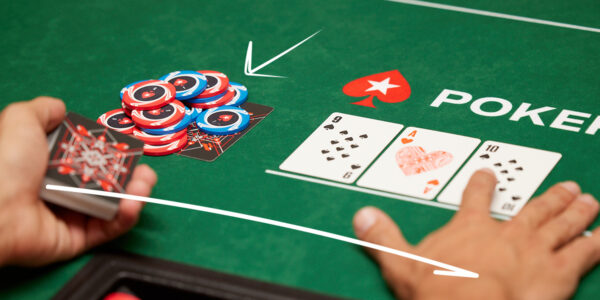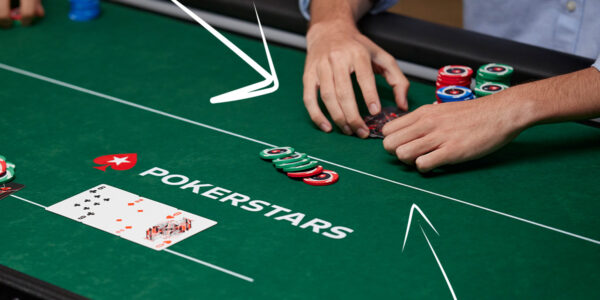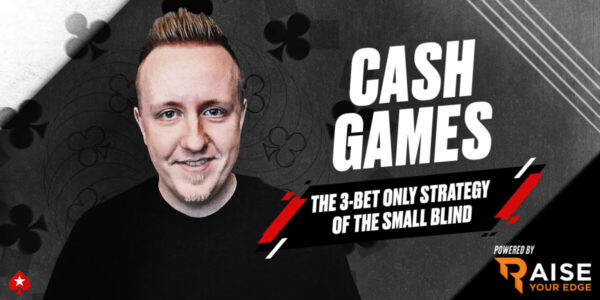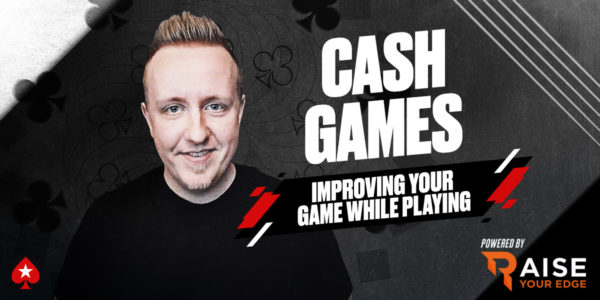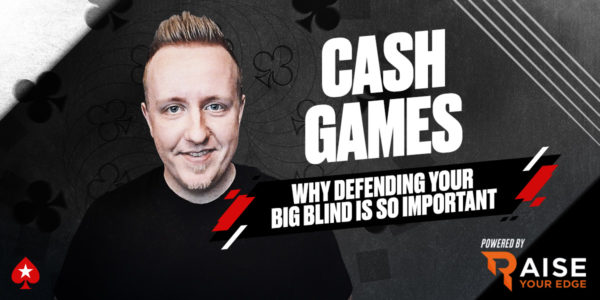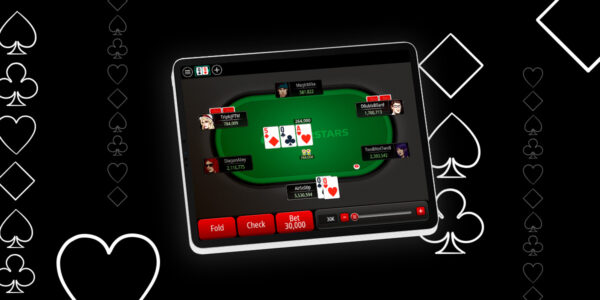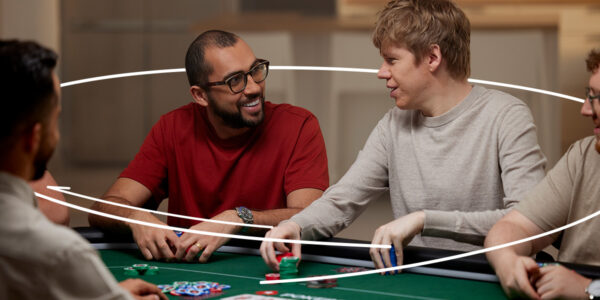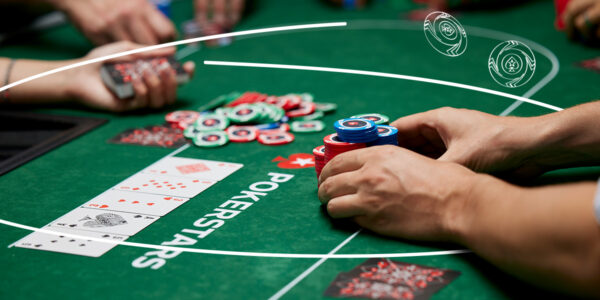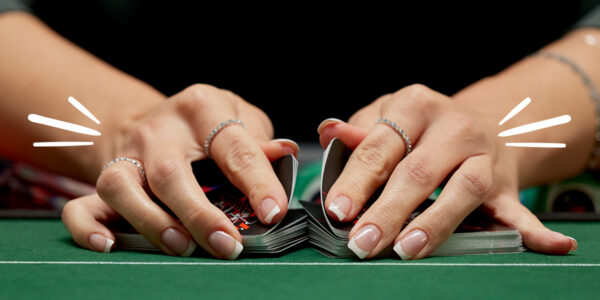3 Poker Reasoning Traps You’ll Want to Avoid
Poker is a treacherous game, full of logical pitfalls. The following three logical traps are the most common ones I see in my students’ games. Make sure you avoid them.
Nothing Changed!
This piece of faulty reasoning occurs when an innocuous card comes off on the next street. For example, the flop is K♥ 10♥ 6♠ and Villain raises our continuation-bet. We make the call and the turn brings the 2♣ – the blankest of blanks, right? Sure, this card is unlikely to have had any effect on our equity against our opponent’s range, but that equity can change when he bets again.
In game theory, it is completely correct for us to fold the weakest hands that made it to this spot because the turn card not changing the board does not entail that Villain’s range has remained the same. In fact, his follow up bet on the turn typically represents a further narrowing of his range towards higher equity bluffs (like flush draws) and strong value hands. It is quite common at the lower stakes for players to make check-raise bluffs with a variety of hands on the flop, and then, to give up when their line does not yield an immediate fold.
So why does the ‘nothing changed’ reasoning happen in the first place? It comes down to an error in the player’s poker language. This thought is often accompanied by thoughts such as: ‘Well if I was right to call the flop, then I’m still good’. The student gets mixed up here as he assumes that it is his job to decide whether or not he has the best hand; as if poker was merely an exercise in clairvoyance. In reality, such a judgment is often completely unsupported by evidence and you would be well advised to doubt the ability of a player who constantly made claims like ‘I think I’ve got the best hand.’
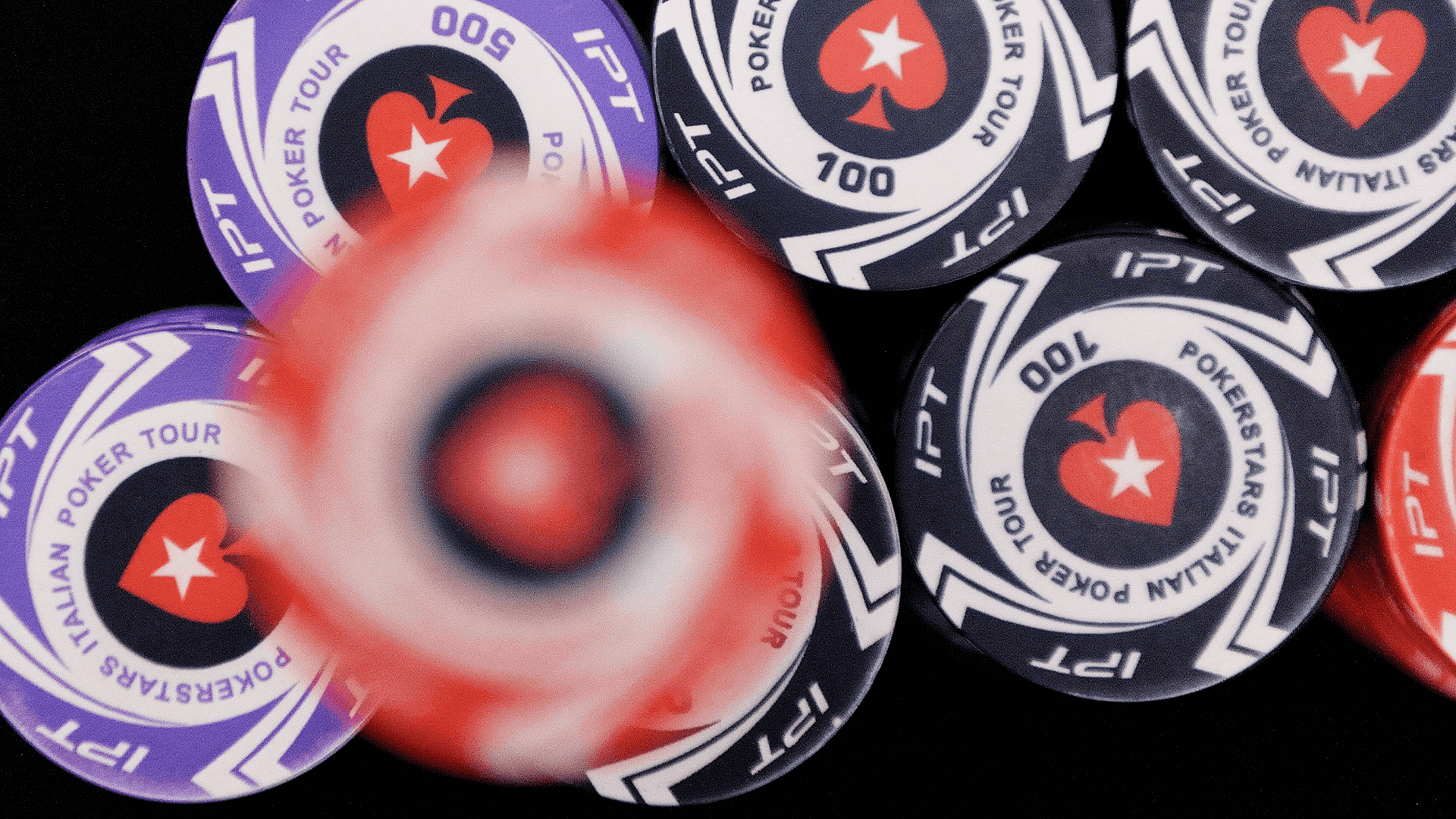
A better way to word things would be: ‘I think I have sufficient pot equity to call for now against his range.’ This better wording allows logical space for the admittance: ‘I did have enough equity to call the flop, but now that he’s bet again, I think my equity has dropped significantly.’ This recognition dispels the myth that it is a contradiction in reasoning to call the flop and then fold on a blank turn. Developing the right semantics is key to avoiding this reasoning trap. The word is ‘range’ – not ‘hand!’ Ranges change via actions, not just cards falling.
I Bet Because I Think I’m Ahead
First thing’s first; we do not ‘think we’re ahead’. Rather, we think we’re ahead of our Villain’s range, or we think we’re ahead ‘most of the time.’ If you asked me how many daisies were in my garden, I would be guessing if I said ’87’. If, on the other hand, I gave you a more approximate answer, such as: ‘Between 50 and 1000’, I would not be guessing at all. I put my garden on a range of daisies just as you should put your opponent on a range of hands.
Secondly, even if we are confident that we are ahead of Villain’s range, that still might not be enough of a reason to bet. The bet must serve some purpose.
Our bet could be for value if we are confident even after Villain calls that we are still ahead of his range. Alternatively, that bet could be for protection if we think that by, betting, we can cause Villain to fold a sizable chunk of his hands that have live outs against us. Betting with a strong hand that does not fare well after being called, however, is usually a big mistake so where does the ‘I bet because I think I’m good’ fallacy come from?
This faulty reasoning occurs because students over-simplify poker into a game of: ‘Who has the biggest stick?’ This is a very instinctive way of thinking about life and is evidence of an uncultivated logical thought process.
I Was Trying to Represent the ______?
This thought is usually finished off with reference to some scare card that recently came down. ‘The flush’ and ‘the ace’ are by far the most common examples. Here, the student is playing the role of the impressionist. He tailors his actions to resemble what he thinks would be the behavior of one who has just connected with a certain aspect of the board. The problem is that impressions are only effective when we know how they will be interpreted. I can do a pretty good Liverpool accent and so when I execute that impression, I can be confident that a human from near Liverpool will recognise the dialect and may even believe me. The trouble is that a dog will not believe me nor will a person from Sri Lanka because neither of them knows what a Liverpool accent is.

Trying to represent the flush is like performing the accent to an unknown audience. On a good day, your opponent might interpret your betting as: ‘He must have the flush.’ On another day he might think the opposite: ‘He is trying to bluff me.’ In some cases, your opponent might not think at all! His thought process might literally be: ‘meh I call.’ How much theatrical glory can you really reap against such a zombified opponent?
The point is that representing things is only effective when there is a high likelihood that your opponent does not hold too many very strong hands himself and that you have a strong justified suspicion as to how he is likely to perceive your action. This is why online poker leads to so many failed attempts to ‘represent the ____’ – too many opponents are complete unknowns.
Condimentum Nibh
Donec sed odio dui. Cras mattis consectetur purus sit amet fermentum. Vestibulum id ligula porta felis euismod semper. Curabitur blandit tempus porttitor.

